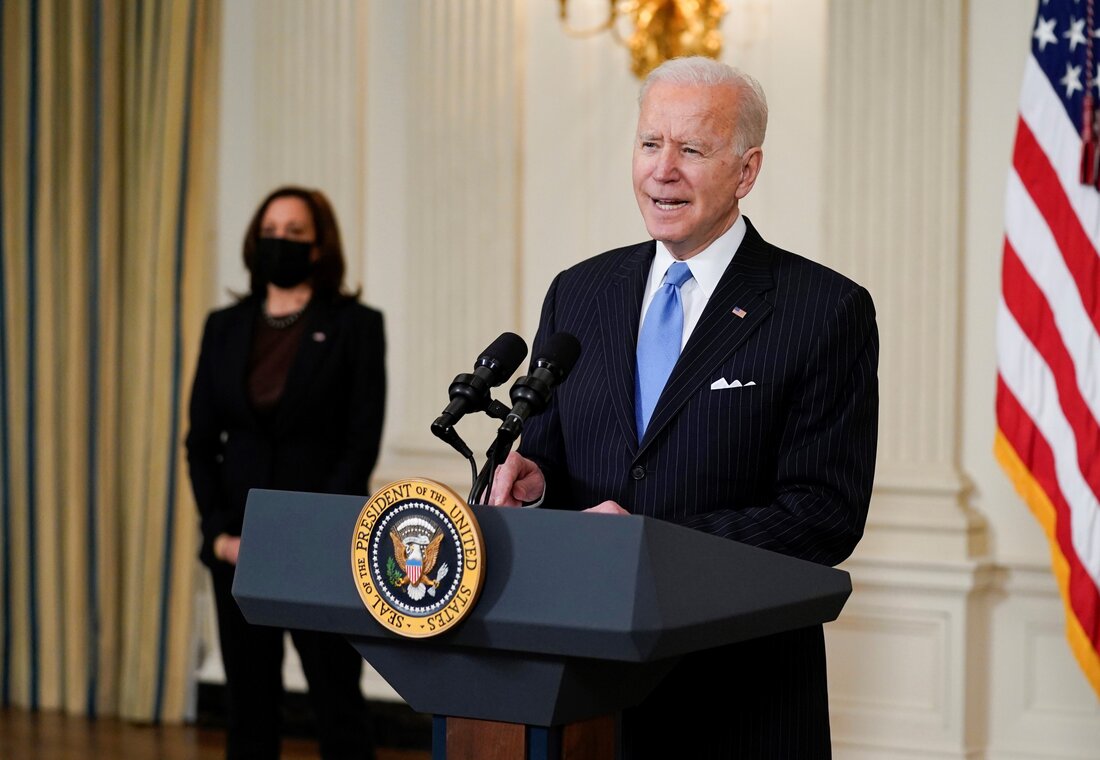Eric Thompson Show
The Biden administration’s efforts to overhaul Title IX, the federal civil rights law that prohibits sex-based discrimination in educational institutions, has hit another significant legal roadblock.
The Biden administration’s Title IX rule is now blocked in 14 states and a hodgepodge of other locations across the country after a third federal judge issued a temporary order on July 2 preventing it from taking effect in four additional states.
U.S. District Judge John Broomes’ order is the latest development in a set of eight lawsuits challenging the Biden administration rule, which explicitly protects LGBTQ+ students and staff from discrimination by adding gender identity and sexual orientation to the definition of “sex discrimination.”
The implementation of the new regulations in four additional states: Texas, Louisiana, Mississippi, and South Carolina.

Title IX has been a cornerstone of “gender equality” in education since its enactment in 1972.
The Biden administration’s proposed changes aimed to expand protections, including those based on sexual orientation and gender identity. However, these proposed changes have been met with considerable resistance from several states and conservative groups, who argue that they overreach federal authority and infringe upon states’ rights.
The recent ruling by U.S. District Judge Matthew Kacsmaryk is a critical development in this ongoing legal battle.
In his decision, Judge Kacsmaryk emphasized that the administration’s rules could have a “sweeping effect” on schools and universities, potentially imposing undue burdens and violating the constitutional rights of states and individuals. He stated, “The plaintiffs have demonstrated a likelihood of success on the merits of their claims that the Department of Education’s guidance violates the Administrative Procedure Act and the U.S. Constitution.”
This ruling aligns with previous decisions in other states, reflecting a growing judicial skepticism toward the Biden administration’s interpretation of Title IX.
Kansas Attorney General Kris Kobach’s office, who filed the lawsuit against the Department of Education, stated that the decision will have a “sweeping effect.”
”We have had many wins in court, but to me, this is the biggest one yet,” Kobach said. “It protects girls and women across the country from having their privacy rights and safety violated in bathrooms and locker rooms and from having their freedom of speech violated if they say there are only two sexes.”
Attorneys for Kansas argued that the Department of Education didn’t have congressional authorization to include “gender identity” as a definition of “sex.”
The Department of Education said in a statement that they are reviewing the order and “stands by the final Title IX regulations released in April 2024.”
”The federal district court injunction will have a sweeping effect, prohibiting the implementation of Biden’s transgender regulations in the four plaintiff states. In addition, the injunction covers schools throughout the entire country via the plaintiff organizations. The private organizations have members in all 50 states.”
The administration’s efforts to redefine gender discrimination to include sexual orientation and gender identity have faced staunch opposition from conservative lawmakers and advocacy groups. They argue that such changes could undermine women’s sports and privacy rights in single-sex spaces.
Critics of the administration’s policy contend that it could lead to significant disruptions in educational institutions. As noted by Ryan Bangert, senior counsel at Alliance Defending Freedom, “These new mandates would force schools to violate the privacy and dignity of their students, compromising their educational environments.” This sentiment resonates with many parents and educators who fear that the changes could lead to a loss of fairness and safety in schools.
The legal challenges against the Title IX overhaul are not just about educational policies but also touch on broader constitutional questions. The lawsuits argue that the administration has exceeded its regulatory authority by attempting to implement significant policy changes without proper legislative approval.
This perspective was echoed by Texas Attorney General Ken Paxton, who stated, “The Biden administration is attempting to impose a radical agenda on our schools without the necessary legal authority. We will continue to fight against this federal overreach.”
The mounting legal setbacks indicate that the path forward for the Biden administration’s Title IX overhaul is fraught with challenges. The administration will likely continue to face significant opposition from conservative states and advocacy groups, both in court and in the court of public opinion.
This ongoing legal conflict underscores the deep divisions in the United States over issues of gender identity and educational policy.
As the legal battles continue, schools and universities find themselves in a state of uncertainty, trying to navigate the complex landscape of federal and state regulations.
The ultimate resolution of these disputes will have far-reaching implications for educational institutions across the country.

